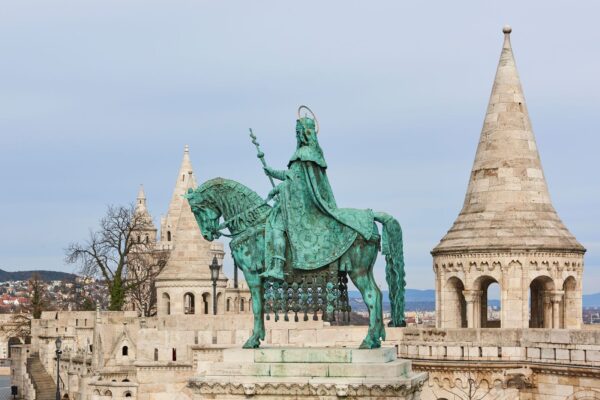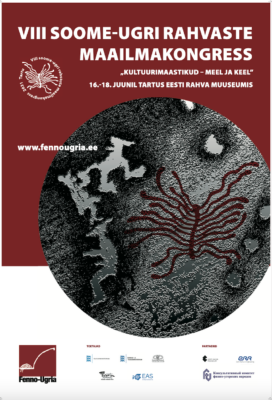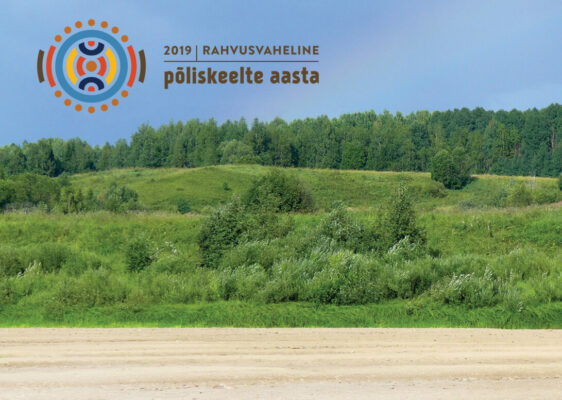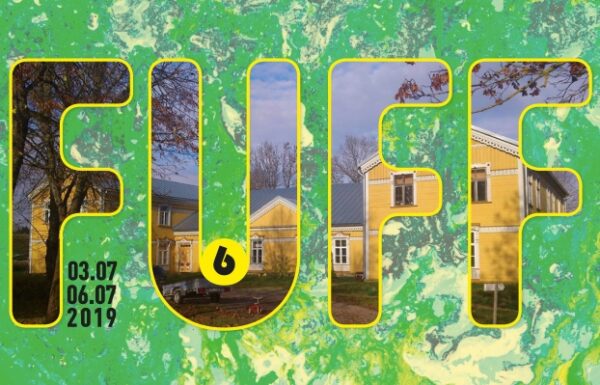Lea Kreinin: On FUFF and trains
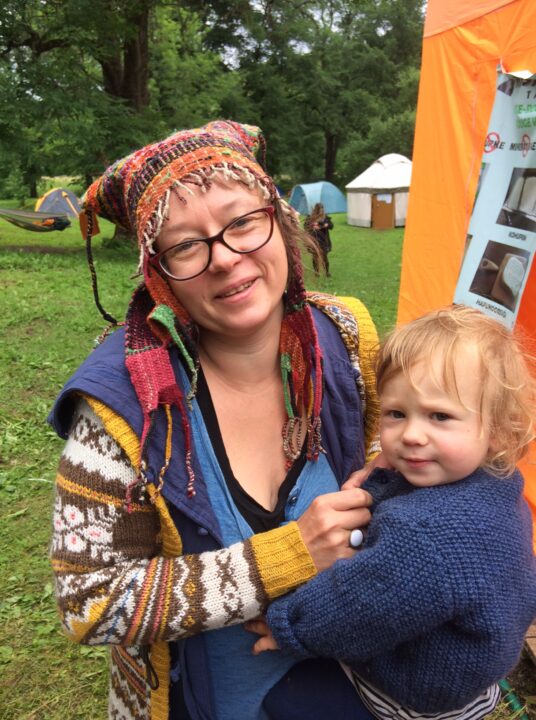
As we know, the high-speed trains do not stop everywhere. That’s why, for example, many passengers of the Tartu-Tallinn route were probably unaware of the existence of Tabivere before the protests against the pulp mill began. On the imaginary Finno-Ugrian Railway, the train stops only in a few stations (fortunately, also in Estonia!) and races quickly past everything that lies between the bigger stations. The Finno-Ugrian experience shows that if you do not have your own country today, then you will be raced past, and in the worst case, you will be run over. There is a lot of noteworthy between the stations, but it cannot be seen from the window of a high-speed train.
There are small nations, but there are no small languages or cultures – all are equal. Some just have more opportunities and spread over a bigger area than others. The Finno-Ugric Film Festival (FUFF) allows our small nations who speak Finno-Ugric languages to find their place on today’s media and film landscape, giving them one more opportunity to protect and develop their culture. If there’s an opportunity, it’s possible to do astounding things! That’s what can be seen at FUFF also. The festival is managed by a Hungarian Edina Cüllög for the fifth year already. According to Seto writer and socialite, FUFF’s patron Kauksi Ülle, Edina should be thanked for her ability to revive the Finno-Ugric peoples’ movement and bring Hungarians back to the movement.
Suitably for Finno-Ugric people, the event takes place far from the centre, in Võru County, this year for the first time in Sänna. FUFF allows to take time off for those who are in a hurry, there are aromatic lindens all around, there’s no rush. The internet and mobile reception are (fortunately!) poor, the company, on the other hand, is wonderful. And the food! A body is recovering nicely because of the vegetarian diet for several days, and since the policies of the Sänna Culture Manor do not favour alcohol consumption, the liver which is tired of summer grills and chills gets its well-deserved rest. Smoke sauna and linden flowers, enjoying the birdsong on the shores of the river Pärlijõgi and on the roads of the planetarium, a beautiful, vibrant manor interior and affectionate contacts with other attendants … Solely because of all this it was worth coming here. In addition, the movie programme is also super!
Festival mornings begin with workshops of scriptwriting, animation, experimental film and music, and the outcome of these workshops will be presented on the last day. After lunch, there are various film programmes in the big hall. Only Finno-Ugric small nation’s films compete, but there are also short film programmes that include films from Turkey, Spain, Estonia, Finland and Hungary, and some longer films.
I also have personal favourites from the festival. The opening film It’s Not the Time of My Life is made by well-known Hungarian director Szabolcs Hajdú (who also supervised the experimental film workshop at FUFF). He filmed at home, actors were his family members, most of the screenings of the film have also been in the homes of people. This intimate work has multiple levels and extremely engaging dialogue that makes you think about life and makes you want to watch the movie again.
The second film which addressed me deeply is Julia Mironova’s documentary The Nation, which tells the tragicomical story about Udmurtia and the Besermyans. The movie contains beautiful and lively Udmurt singer and doctoral student of the Estonian Academy of Music and Theatre, Maria Korepanova. One of the awarded films of the festival, the short documentary The Lake (by Daria Blokhina) touches the same strings of the soul, reflecting the fate of traditional culture and lifestyle.
Among other things, I would like to praise the late-night music and culture programme of the festival. At nights when you were tired after watching the movies, you weren’t expected just to fall asleep in the tent, but you had a chance to enjoy music and dance: the choice of music ranged from Finno-Ugric disco and the five-rhythm dance Pööriöö to Triinu Taul.
I reread my text and look at all these exclamation marks. The hand does not rise to delete them. Believe me, it was really a special festival, small and homely, with a special spirit. I hope that the mainstream festival goers will never find it. I have two more wishes for the future: that Edina and her volunteers would not get tired and that slow trains would not disappear!
